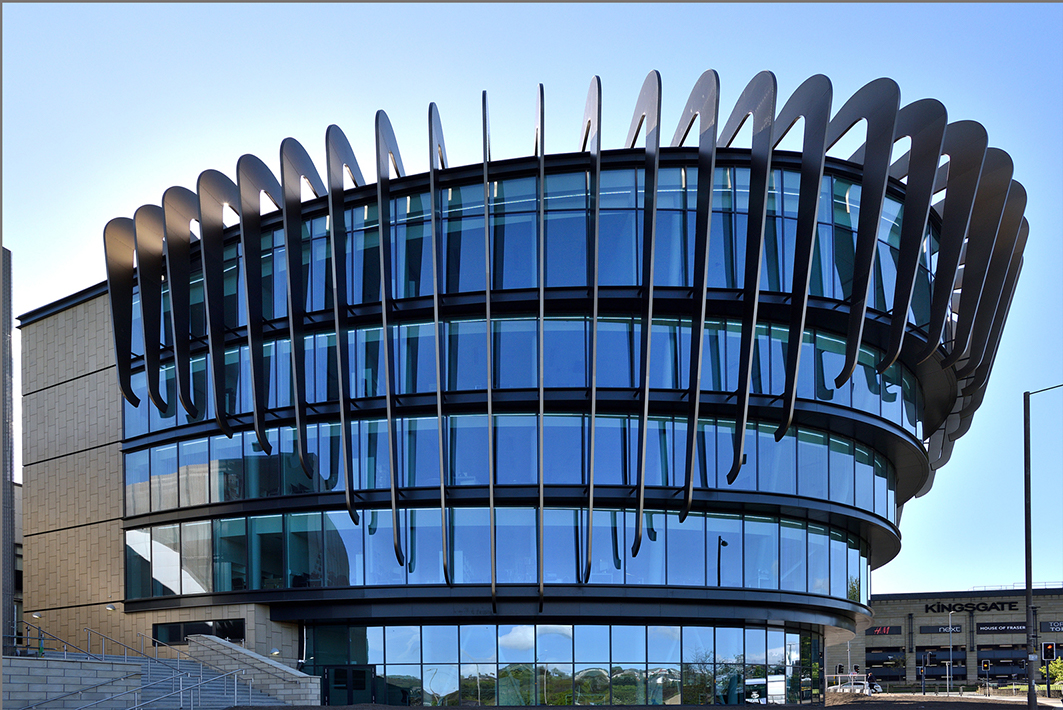
Journal celebrates composition of ‘human DNA in musical form’
Journal of Creative Music Systems releases its fourth issue
AS computers play an increasingly important role in the creation and performance of music, a journal published by the University of Huddersfield has become a global forum for developments in the field. Its latest issue includes a composition that is a representation of human DNA in music.
The Journal of Creative Music Systems (JCMS) is issued online twice yearly by the University of Huddersfield Press. It also has close links with a conference series that was launched in Huddersfield and which now takes place around Europe.
JCMS– now on its fourth issue – is co-edited by Senior Lecturer Dr Steven Jan, who is also a member of the Steering Group behind the annual Computer Simulation of Musical Creativity conferences. The first of these was in Huddersfield in 2016, with last year’s event taking place at the Open University’s Milton Keynes campus.
This year the conference moves to Dublin and in 2019 the scheduled venue is Berlin – the base of former University of Huddersfield PhD student Dr Valerio Velardo. He is now CEO of the company Melodrive, which allows clients, such as video games designers, to use Artificial Intelligence to create adaptive music soundtracks.
Dr Velardo is also an associate editor of the JCMS, and its current issue includes three articles. They are authored by computer music researchers based in Austria, the USA and Japan.
Dr Jan said that the journal was a forum for the dissemination of the latest research in its field, and two of the articles in the latest issue are expansions of papers presented at the most recent Computer Simulation of Musical Creativity conference.
There is also an article by Maria Mannone of the University of Minnesota. Titled “Knots, Music and DNA”, it concludes with an extract from the score of a new computer-generated composition – for chimes, glockenspiel, celesta, harp, string quartet and double bass – that represents DNA in musical form.
Dr Jan said that JCMS sought articles representing a wide range of approaches. “Some authors have developed systems whose outputs they are describing, while others write about more technical or philosophical issues. The journal encourages submissions on all aspects of the exciting and fast developing field of AI-driven music generation”.
More News
Composer up for NY Emerging Composers Workshop
Joel Kirk’s composition was played, analysed and discussed during the five-day workshop
Well-known musician and activist undertakes PhD
CN Lester is researching the life and works of Barbara Strozzi
Leading lights in brass and voice head to Hudds
Trombonist and conductor Richard Ward and opera singer Rachel Nicholls appointed Head of Brass and Head of Voice respectively